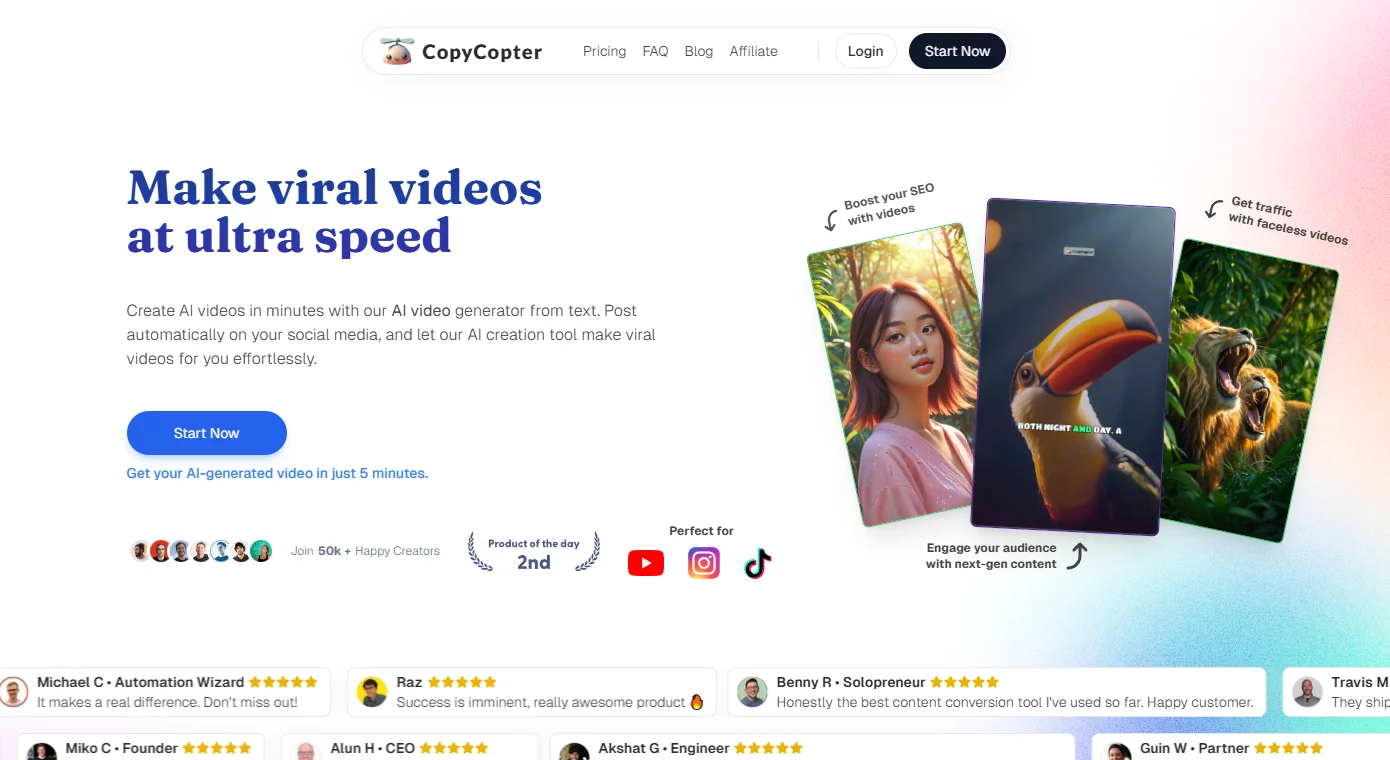Google Announces Plans to Purge AI-Generated Spam from Search Results
Google announced that it will start cracking down on AI-generated content that is created solely to deceive its system and achieve high rankings in Google search. This change is expected to have a ripple effect on the quality of the content we see online.
According to Google's blog post on Tuesday, this change involves algorithm enhancements to its core ranking system, which are more complex than previous updates. The change will impact three types of content, with the most significant being automated content, including content created by generative AI.
Elizabeth Tucker, Google's Director of Product Management, stated in the announcement, "This update involves improving some of our core ranking systems to help us better understand whether web pages are unhelpful, have a poor user experience, or feel like they were created for search engines rather than people. We believe these updates will reduce the amount of low-quality content in search and send more traffic to useful, high-quality websites."
Tucker mentioned that Google expects the new changes to reduce low-quality and non-original content in its search results by 40%.
Multiple reports indicate that AI-generated content optimized for search engine optimization (SEO) is increasingly appearing in Google search results. SEO refers to a series of guidelines aimed at helping websites achieve higher rankings in Google. The growth can be partly attributed to the increasing availability of AI tools that can generate content in Google-friendly formats within seconds and are easy to use.
In November last year, SEO consultant Jake Ward gained attention on Twitter for boasting about how his company stole a total of 3.4 million traffic from competitors using AI. Ward explained that he exported the sitemap of competitors' websites and used AI to create 1,800 articles based on their URLs. While Ward's actions sparked widespread disgust online, unfortunately, it is just one example of people using AI to deceive Google search results.
In addition to addressing AI-generated SEO spam content, Google's update will also target those who publish low-quality content on high-reputation rating websites. Google provided an example:
"For example, a third party might write reviews about loans on a trusted educational website in order to gain ranking advantage from that site. Such content that ranks well in search results may mislead or deceive visitors who have different expectations about the content of a particular website."
Google claims that it will now consider such third-party published low-value content as spam.
"Search engines help answer billions of questions every day, but there's always room for improvement. We'll continue to work hard to keep low-quality content at bay in search and show more information that's helpful to people," said Tucker, the Director of Product Management.
Note: The HTML tags have been retained as requested, with the removal of style and class attributes.








